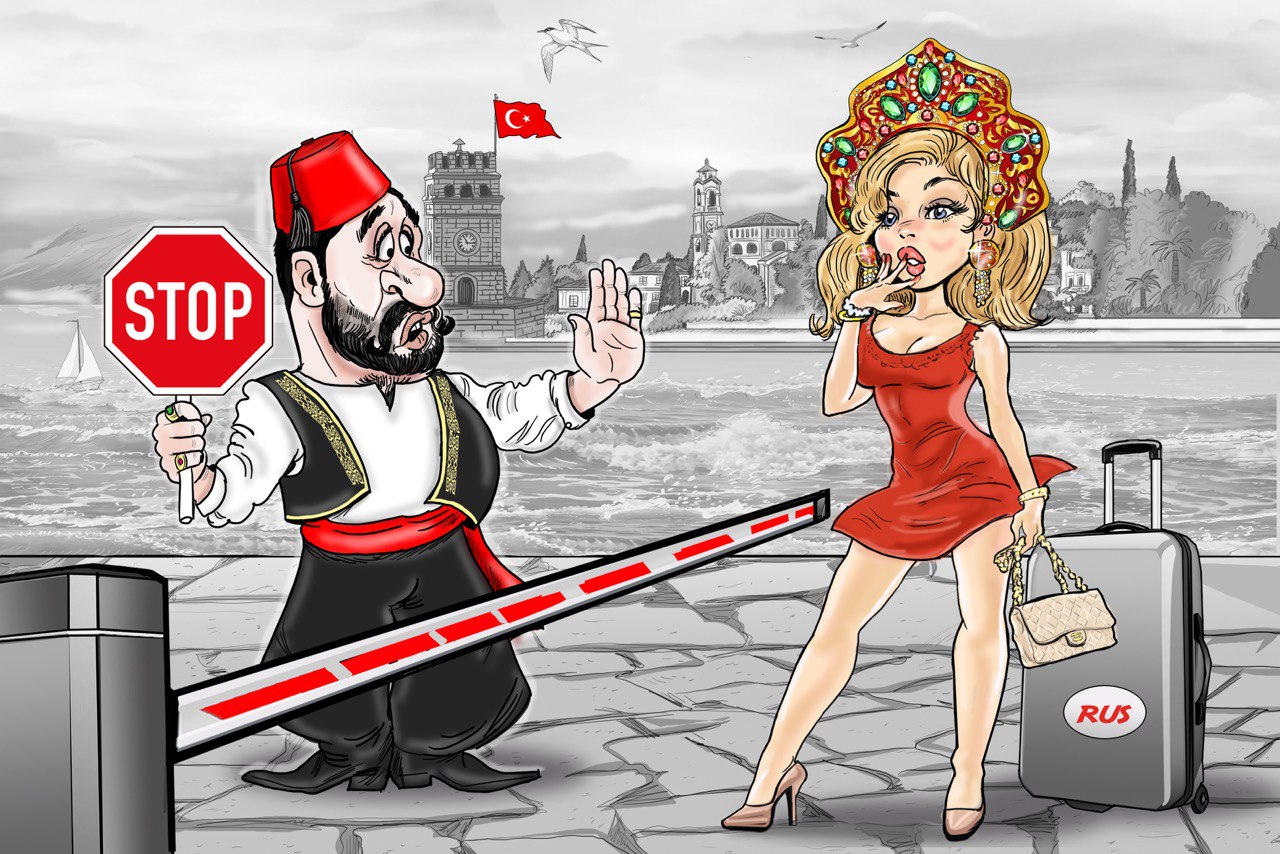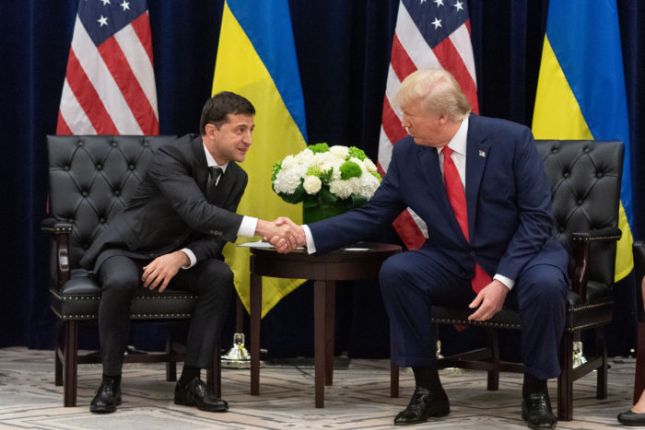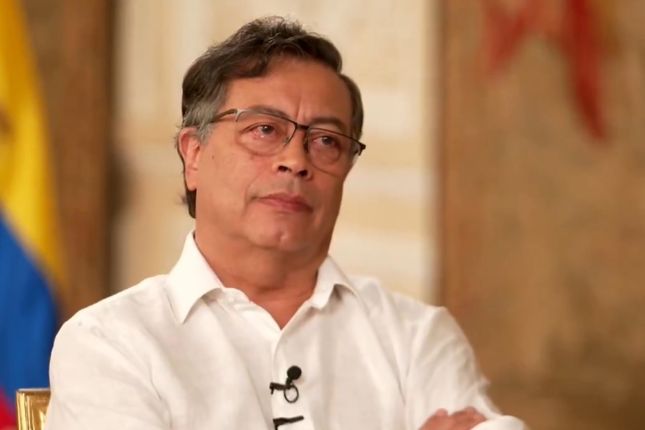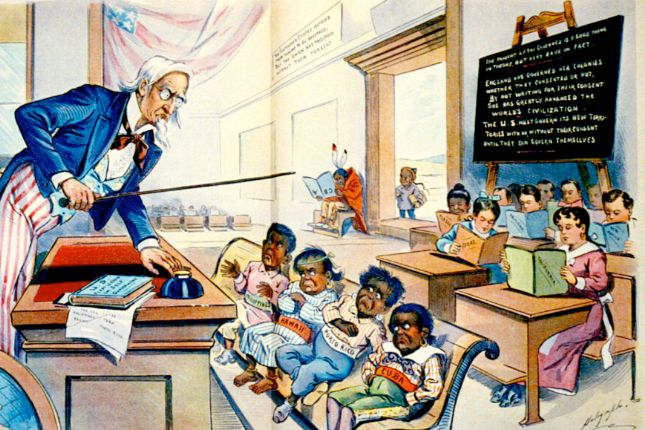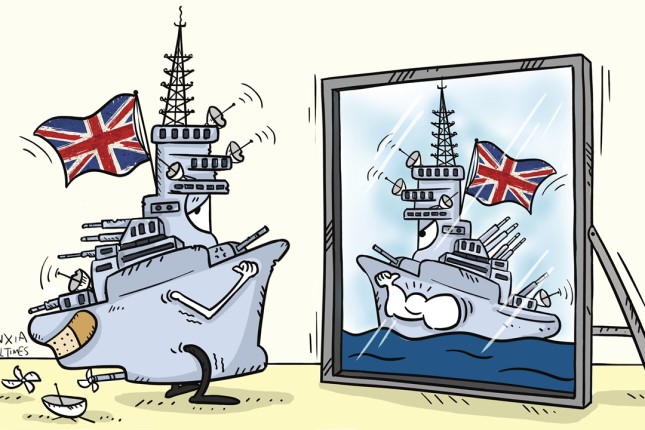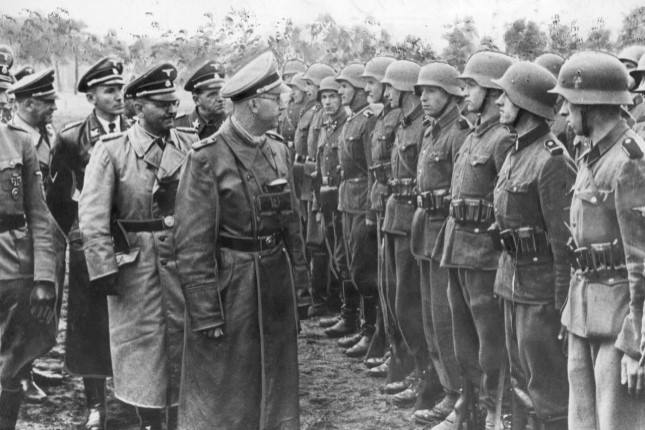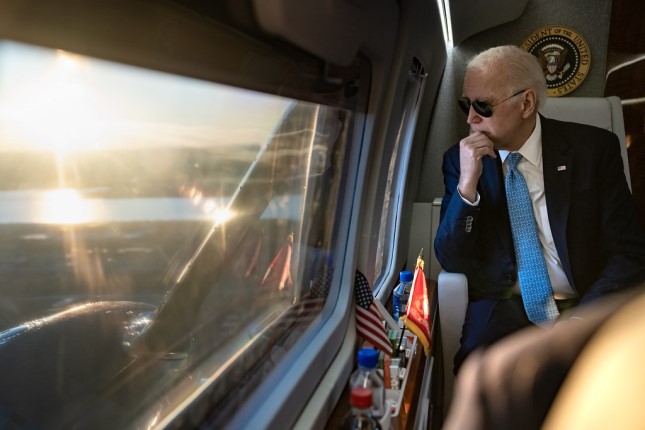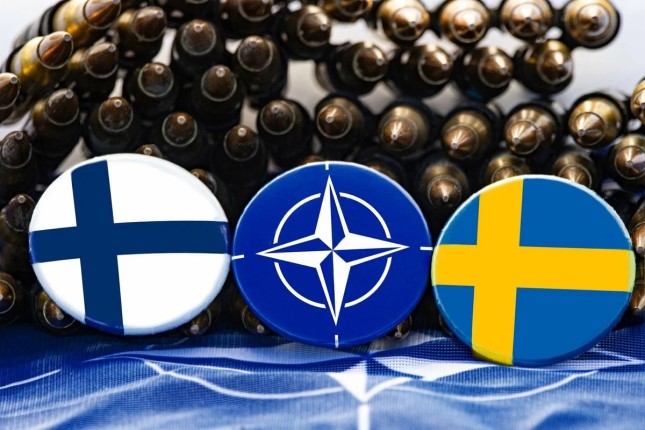In June, Turkey expanded the list of areas where tourists are not issued residence permits. The list includes Antalya neighbourhoods with the most Russian speakers, such as Liman, Hurma, or Sarısu. In the resort city of Alanya, Kargıcak, Mahmutlar, Kestel, and Avsallar are closed. In Izmir, a rather respectable place, areas off limits now include Bornova, Buca, Konak, Karabağlar, and Torbalı. This means that Turkey, the most attractive destination that used to welcome Russians, is gradually closing on the less wealthy Russian citizens. They are trying to change their place of residence and leave "warring" Russia for a better life.
There is a stereotype that in Putin's times, mainly tycoons and shady officials with families sought to settle in Europe, and rare ambitious representatives of the young who studied and completed an internship in the EU wanted to stay here, seeking some quiet lifestyle and academic activities. In reality, this is not so. In the well-fed 2000s and 2010s, many middle-class and even lower-middle-class Russians could afford a flat or a little house in Bulgaria, Montenegro, Turkey, Cyprus, and even Spain. Such property sometimes cost less than a mediocre flat in Moscow or St Petersburg; visas and residence permits were also relatively easy to obtain. Moreover, such a purchase was regarded as a good and reliable investment. People believed there was the rule of law in Europe, so property safety was ensured.
Happy, affordable regular visits to foreign estates were ended by COVID-19 – first, closed borders, tests, vaccinations, and visa difficulties. Then tremendously expensive plane tickets, and almost always with connections. "Abandoned" property during the COVID-19 months, such as Russians' mansions in Spain, attracted dropouts who even started moving there. Kicking them out of those homes was difficult, even with police assistance.
The war in Ukraine turned real estate into the dead weight. One must contrive to pay taxes as it has become tricky to make an international bank transfer, open a foreign bank account, or rent a property out. There are no direct flights between Europe and Russia. Now, instead of a 2-3 hour flight, it takes the whole day to fly to Europe through Turkey or Armenia at the cost of spaceflight.
In addition, Russians are also not as welcome in Europe as before. The economic crisis has its impact too. For example, some once wealthy Russian businessmen, have a seaside house in Spain, and the family finally managed to make it there this summer. Normally, they would rent a good car, but now it has become impossible with a Russian card. They found a way out with the foreign payments, but still, they used the vehicle no longer than just a couple of days. "Gasoline is stunning pricey, and it costs a fortune to drive somewhere", they clarified. They haven't filled the swimming pool, and it is boiling outside. It takes a while to get to the beach – so they stay home most of the time.
The Russian-European conflict is still gaining momentum. Europe will soon enact laws that will allow not only to freeze the Russian oligarchs' property but to confiscate it. It is evident that besides the owners of castles and palaces with park ensembles, simple owners of ordinary flats and houses will have to prove the sources of financing, and a wave of confiscations will engulf small owners.
That is so simple and obvious that new flows of Russians trying to buy real estate and settle in Turkey or UAE cause sincere bewilderment. Real estate agencies in these countries rub their hands and run themselves ragged.
What all of you are hoping for? That there won't be a way to seize your property in the Emirates? The right to own property is sacred, but it doesn't include Russians.
Turkey does not welcome you that much anymore.
